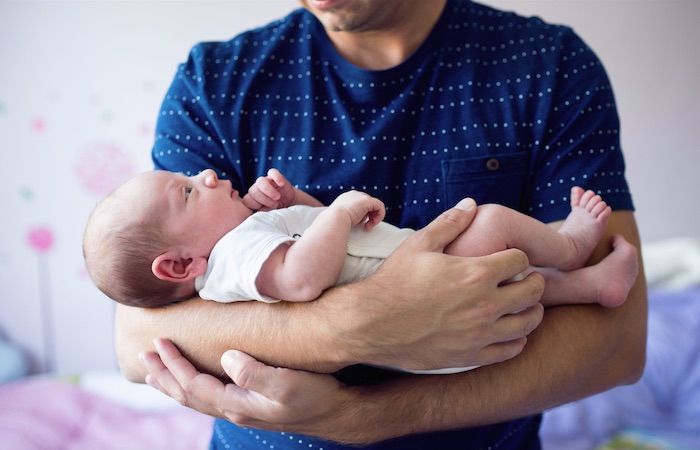
Enhanced maternity pay is offered by almost two-thirds of organisations, with almost the same proportion providing paternity pay that is more generous than statutory requirements. However, only a quarter offer enhanced shared parental pay.
A survey by XpertHR of 375 organisations that collectively employ almost one million staff found that the majority of firms offer maternity pay (64%) and paternity pay (60%) that is above the legal minimum. However, there was a wide variation in how employers enhance pay for new parents.
The most common maternity pay enhancement, provided by 42% of employers, is full pay for more than six weeks, followed by the standard statutory maternity pay rate. Of these organisations, three in 10 offer full pay for three months, although two in 10 do so for six months.
A total of 37% make enhanced maternity pay dependent on the employee returning to work following maternity leave. Financial incentives, or other benefits such as flexible working to assist with a return to work following maternity leave, are offered by 45.9% of employers. This rises to 59% among firms with 1,000 or more staff.
However, 32% of organisations do not enhance maternity, paternity or shared parental pay at all. Cost is the main reason for this, although some said it was because of the culture within their organisation.
Rachel Sharp, HR practice editor at XpertHR, said: “Employers that are willing to invest in all of their team, not just in terms of pay but also with family-friendly benefits, will also benefit in the long-term.
“Being able to provide support during this time highlights your commitment to these employees and can be a really strong way to attract and retain top talent and create a culture of inclusiveness across the business.”
This week, a report published by single parent charity Gingerbread found that single parents are more likely to have been furloughed and work in sectors most affected by the pandemic than parents in couples.